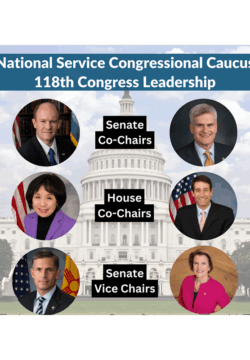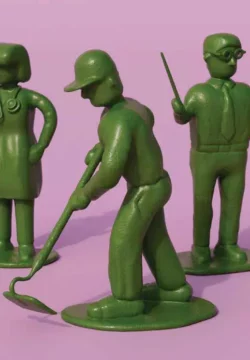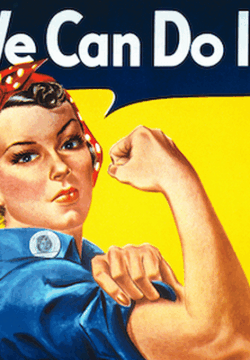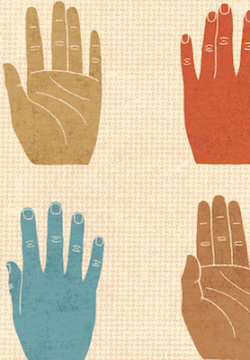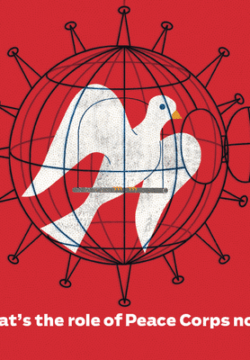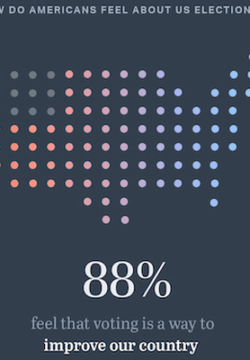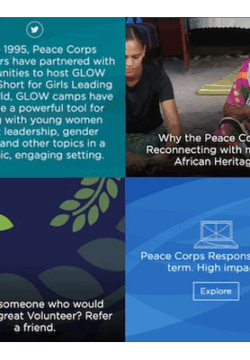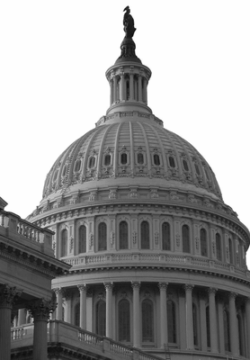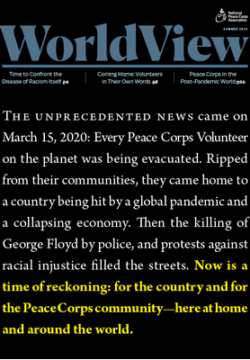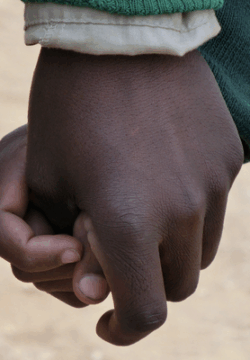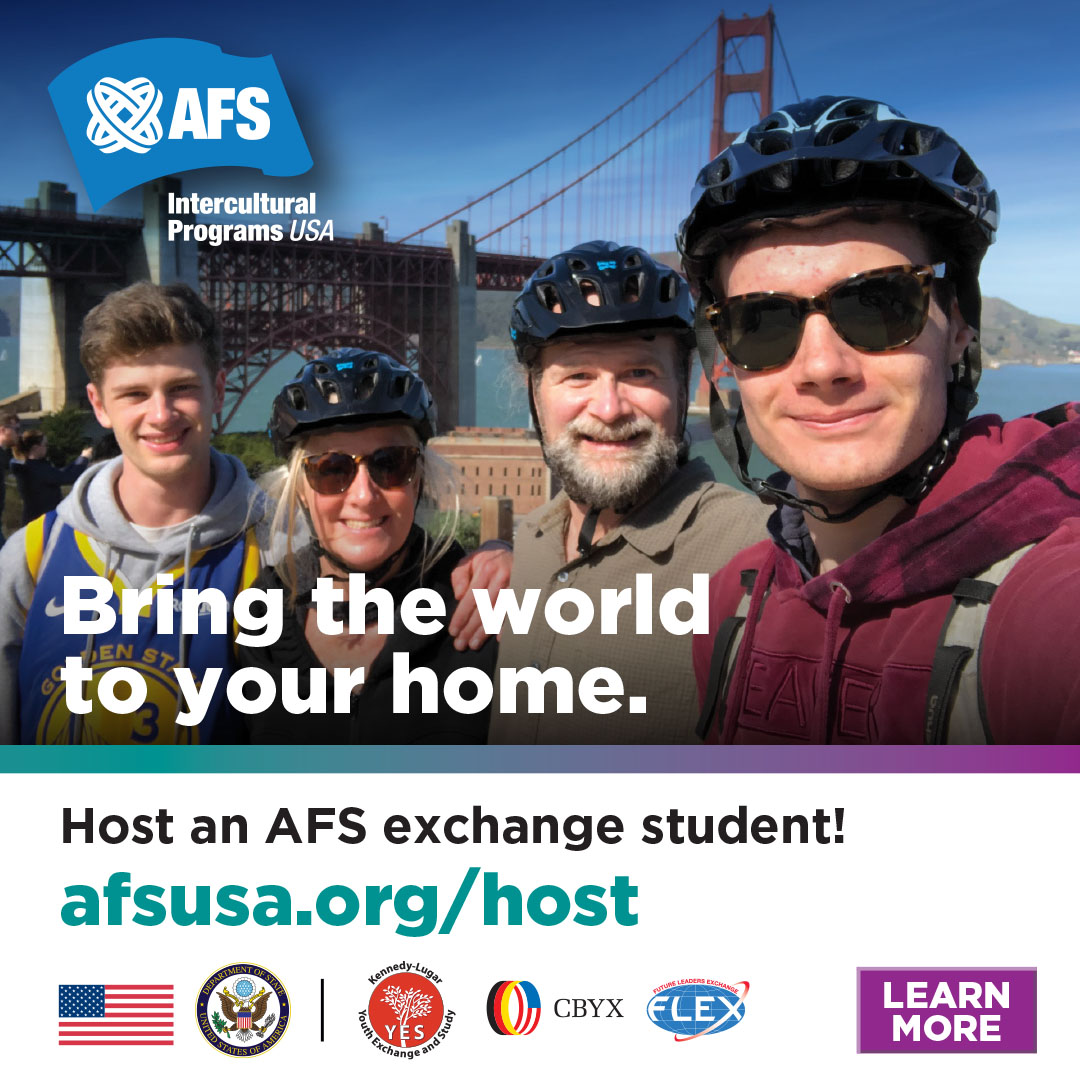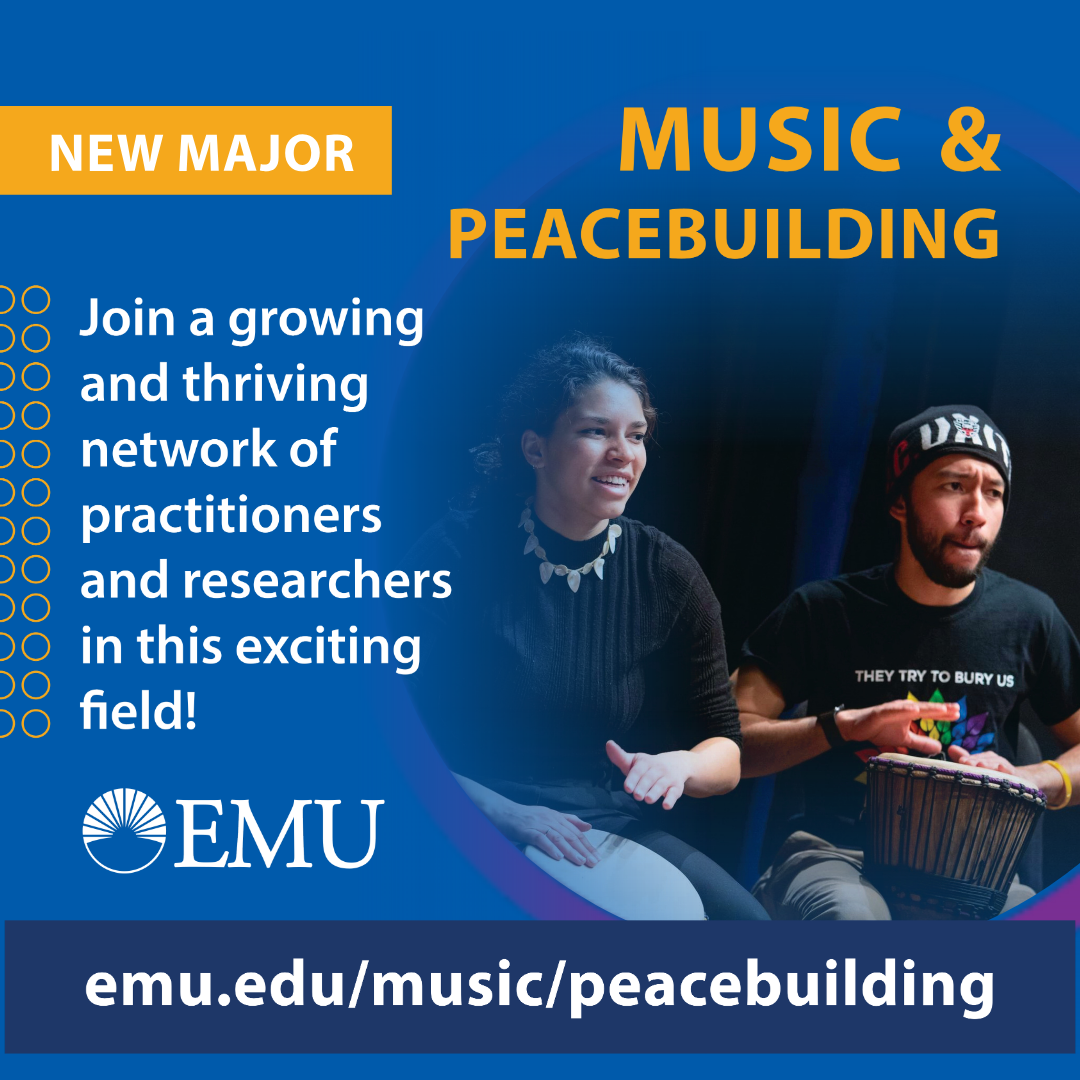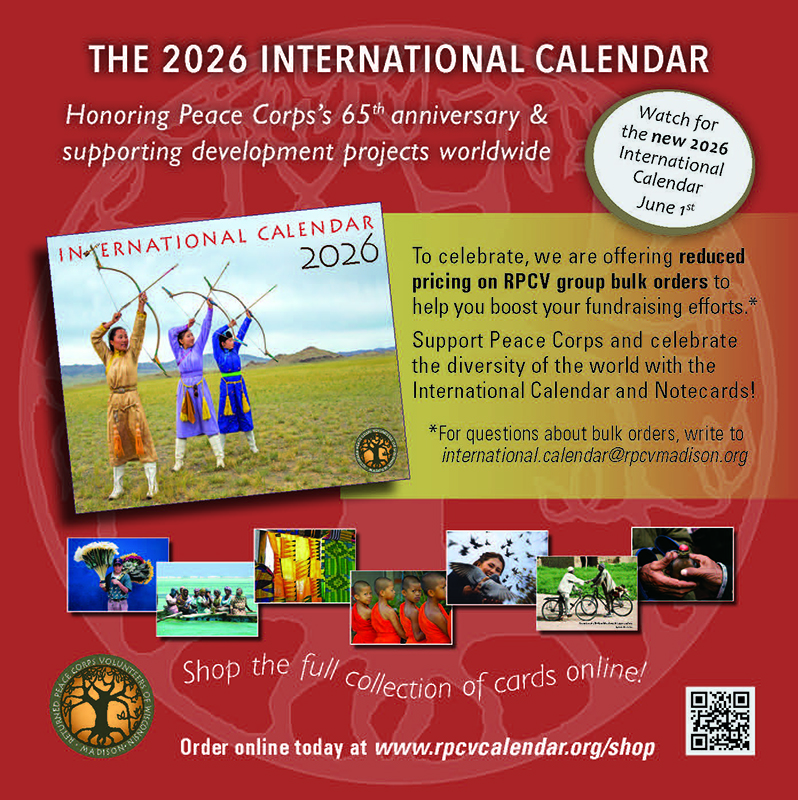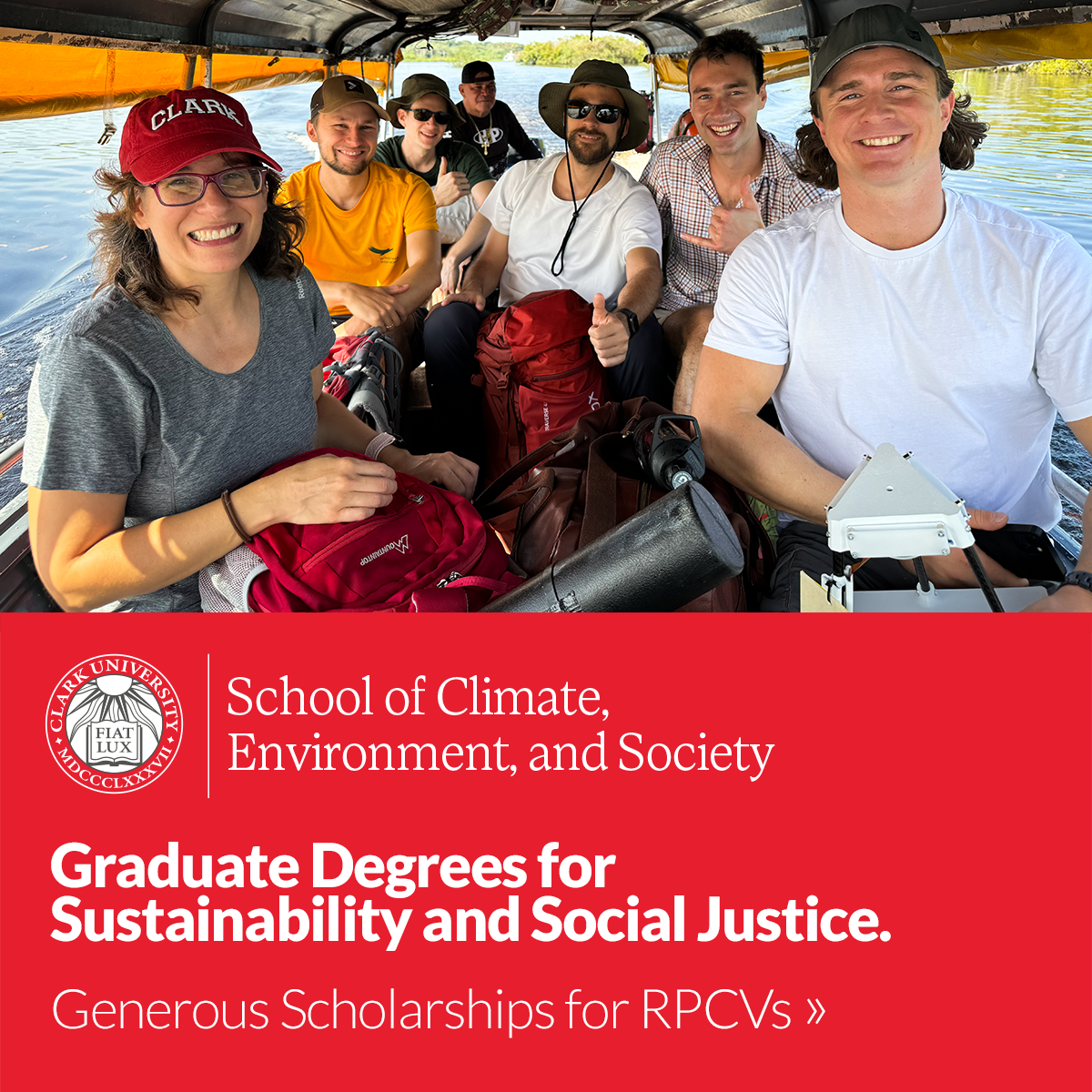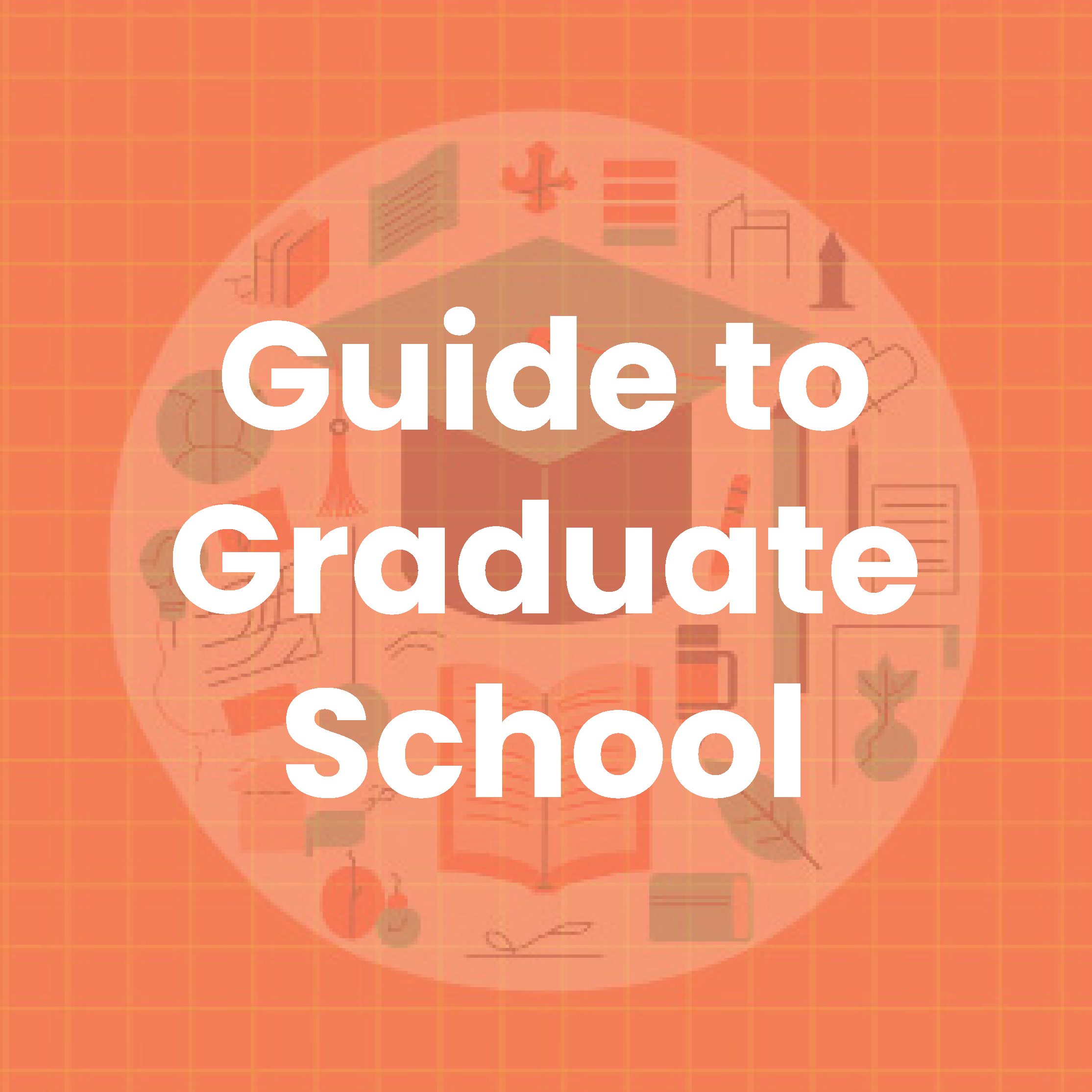WorldView Magazine: National Service
A Bipartisan No-Brainer
The existence and efforts of the National Service Caucus are indicative of the power and potential of national service in the United States, something that should be continuously celebrated and cultivated. The National Service Caucus was established in 2004 by Rep. Christopher Shays (R-CT), Rep. David Price (D-NC), Rep. Tom Osborne (R-NE) and Rep. Harold Ford (D-TN). The caucus became bicameral in 2008 when Senator Thad Cochran (R-MS) and Christopher Dodd (D-CT) established a companion caucus in the Senate. “My ambition when I was in college was to be in the Peace Corps and maybe serve in some public way in government…and give that to discussions when I was growing up by Kennedy and others,”...
Call of Duty
Despite broad support for volunteering and a successful track record, national service programs have not been able to close the gap between supply and demand. Is this a missed opportunity to help heal a fractured country?
We Can Do It! Again!
The U.S. is profoundly polarized — politically, culturally, socially, and economically. That was true during the Gilded Age, too. Halfway between then and now, John F. Kennedy exhorted his fellow Americans, “Ask not what your country can do for you — but what you can do for your country.” So what happened? And how do we turn things around? From a conversation with Shaylyn Romney Garrett We Can Do It! image courtesy the National Museum of American History In The Upswing: How America Came Together a Century Ago and How We Can Do It Again, Robert Putnam and Shaylyn Romney Garrett offer...
Why Does Service Matter?
From Peace Corps to AmeriCorps to envisioning a quantum leap: 1 million people in the U.S. serving every year — and changing the culture and ethos of service. So how do we get there? A conversation with Mark Gearan and Keri Lowry. By Steven Boyd Saum In 2017, the U.S. government undertook the first-ever comprehensive and holistic review of all forms of service to the nation, and Congress wrote into law the creation of the National Commission on Military, National, and Public Service. Over many months, this 11-member bipartisan commission embarked on visits to 42 cities in 22...
From the Editor: This Time
Peace Corps teaches us a new way to think about time. Pandemic does, too. So what do we do with this? By Steven Boyd Saum ACROSS THE DECADES and countries and communities where tens of thousands of Peace Corps Volunteers have served, there are a few things we share. One: a new grasp of time. Be it seasons or how we count the days, a revised sense of punctuality or the value of hours in terms of money or daylight, be it devoted to sleep or preparing a meal or hiking to the well, be it in the presence of friends or alone with this self you are...
Three Partnerships to Bolster Voting, Democracy, and Service
At a time of great turmoil in our nation, NPCA is working with with nonpartisan groups to foster free and fair elections, to encourage discussion and understanding across political divides, and to underscore the importance of national service. By WorldView Staff Power the Polls We believe in empowering people to shape their own futures. This election season the coronavirus pandemic has taken a toll across the country, leading to a staggering decrease in the number of people able to work the polls. So National Peace Corps Association partnered with Power the Polls to recruit poll workers from the Peace Corps community...
Is virtual volunteering an idea whose time has come?
Testing the waters — and exploring an idea that a commission on national service says will open up opportunities to more diverse and talentted candidates. By WorldView Staff Is virtual volunteering an idea whose time has come? It’s a proposal in the report issued by the National Commission on Military, National, and Public Service earlier this year. As Lex Rieffel wrote in this magazine, the report explicitly calls for “an expansion of Peace Corps Response, making the program more accessible to older Americans and people with disabilities, with increased opportunities for ‘virtual’ volunteering.” Now Peace Corps has floated the idea...
Work on the Hill
Here’s how we’ve been advocating for evacuated Volunteers — and a Peace Corps in a changed world. By Jonathan Pearson and Steven Boyd Saum The coronavirus pandemic and temporary suspension of all Peace Corps programs marks the greatest existential threat to the agency in its history. When Volunteers were evacuated, they were ripped from communities with hardly any notice; in March they came back to a pandemic and an economic maelstrom. Regulations typically would not allow them to be eligible for unemployment insurance; their health insurance coverage would expire in a month. In some cases they had no home to...
From the Editor: Unfinished Business
The evacuation of Peace Corps Volunteers serving around the globe is unprecedented. So is the way our nation is coming to terms with the truth that Black Lives Matter. By Steven Boyd Saum For most Peace Corps Volunteers, the news broke on the Ides of March: due to the global COVID-19 pandemic, every single one of them would be coming home. In its 59-year history, Peace Corps had never undertaken a global evacuation. But then, in so many ways, these are unprecedented times. In one sense, we feel the precariousness of institutions that we want to sustain — and...
Pandemic has changed our community forever. Another disease we must fight: racism itself.
By Glenn Blumhorst DO YOU REMEMBER WHERE YOU WERE when you heard the news? That the U.S. Peace Corps had made the difficult and unprecedented decision to suspend programs indefinitely, evacuating 7,300 volunteers serving in more than 60 countries due to coronavirus, and informing them that their service had ended. That more than 100,000 Americans had died from COVID-19. That more than 40 million had applied for unemployment. That George Floyd had died after a policeman in Minneapolis pressed a knee on his neck for 8 minutes and 46 seconds. But George Floyd’s name is only one of a...

